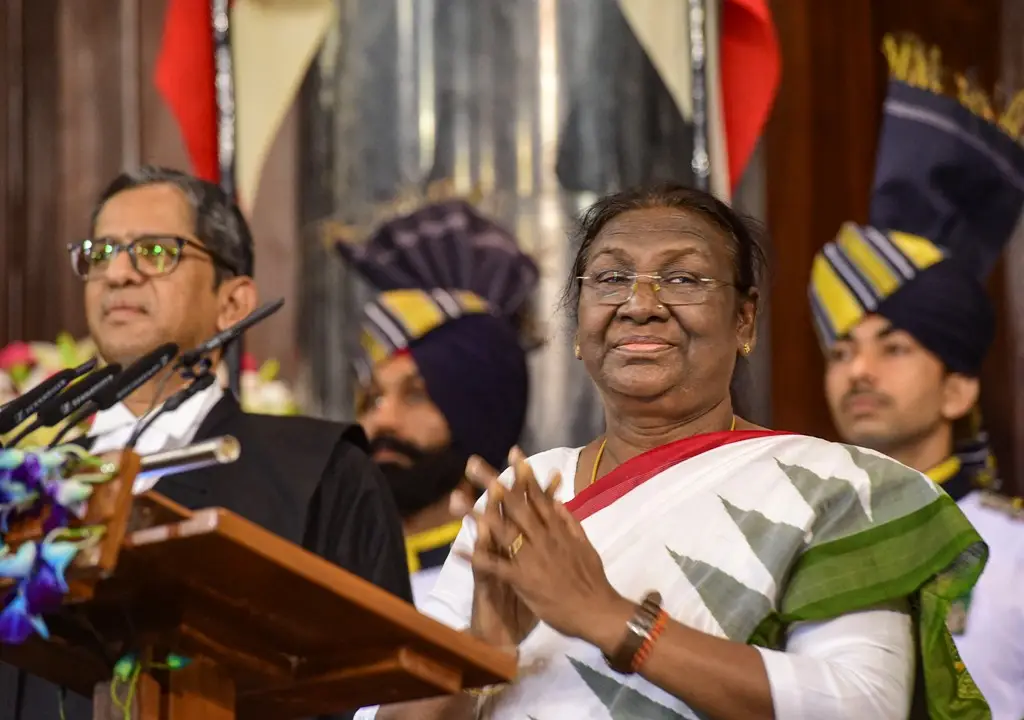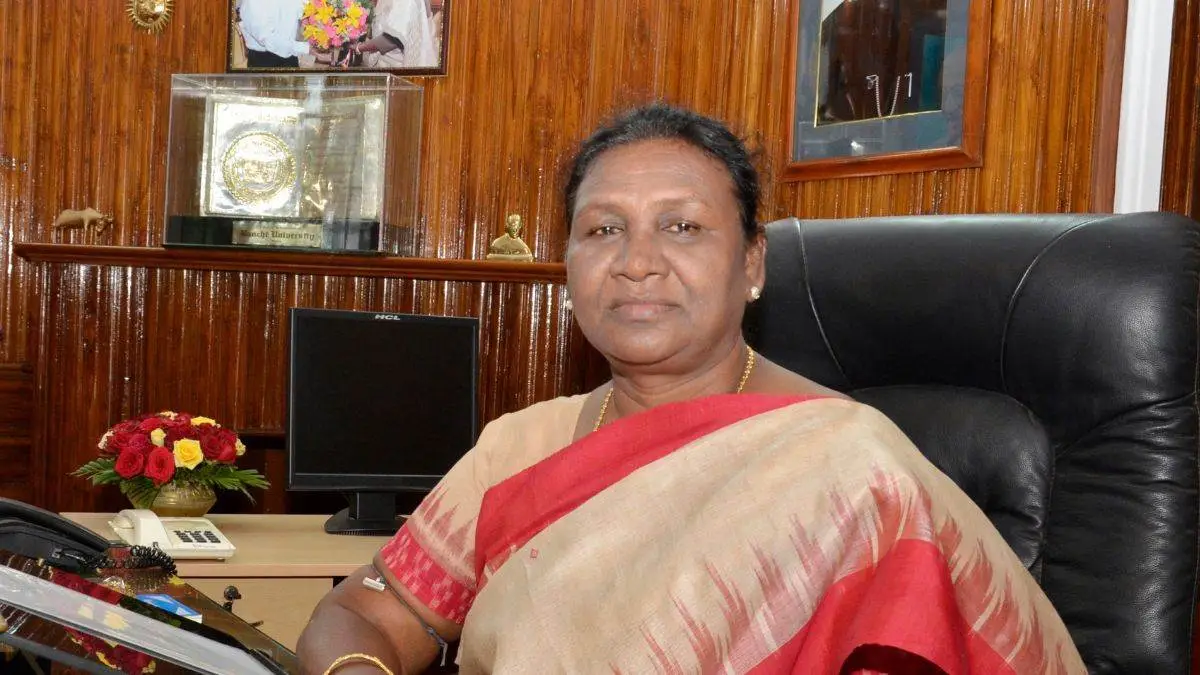In a momentous move towards gender equality and empowerment, President Draupadi Murmu has given her assent to the Women’s Reservation Bill, now recognized as the Nari Shakti Vandan Act. This landmark legislation comes after its approval in the Lok Sabha on 20th September and subsequent passing in the Rajya Sabha on 21st September.
The crux of the Nari Shakti Vandan Act revolves around the empowerment of women in the political domain. With this bill now transforming into law, women are set to gain a 33 percent reservation in the Lok Sabha as well as in state assemblies. This initiative is not only a massive step towards ensuring greater representation of women in legislative bodies but also seeks to pave the way for a more equitable distribution of power and voice.
The journey of a bill from its conceptual stages to becoming a full-fledged law involves numerous procedures. Once a bill garners the majority in both houses of the Parliament, namely the Lok Sabha and the Rajya Sabha, it is sent to the President for the final approval. This last step is quintessential as the President’s assent is what culminates in the bill’s evolution into a law.
When the Women’s Reservation Bill was on the cusp of its passage, President Draupadi Murmu had expressed her sentiments about the importance of this legislation. She opined that the bill would usher in “the most transformative revolution of our times for gender justice.” Her statement underlines the significance of this law in not only changing the landscape of Indian politics but also in pushing the boundaries of gender justice and equality.

In sum, the Nari Shakti Vandan Act stands as a testament to India’s relentless commitment to ensuring its women are not just spectators but active participants in the nation’s democratic process. With the President’s approval now official and the notification issued, India eagerly awaits the positive ramifications of this groundbreaking law.
